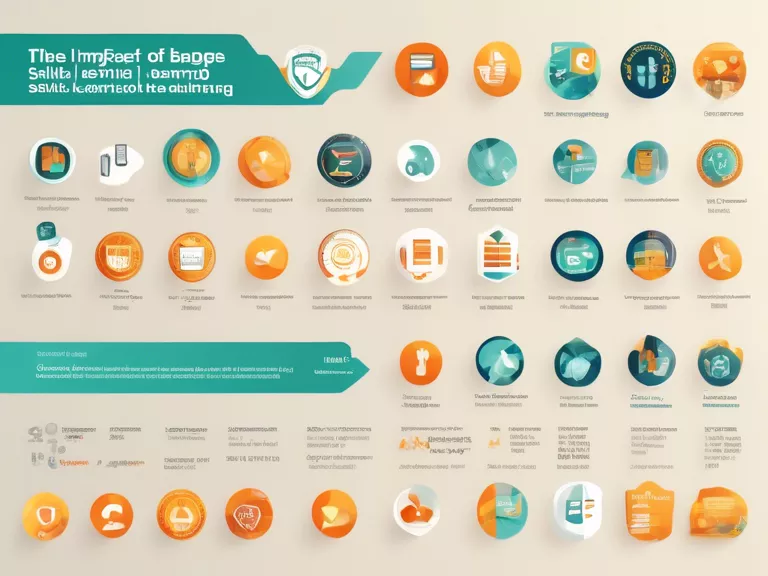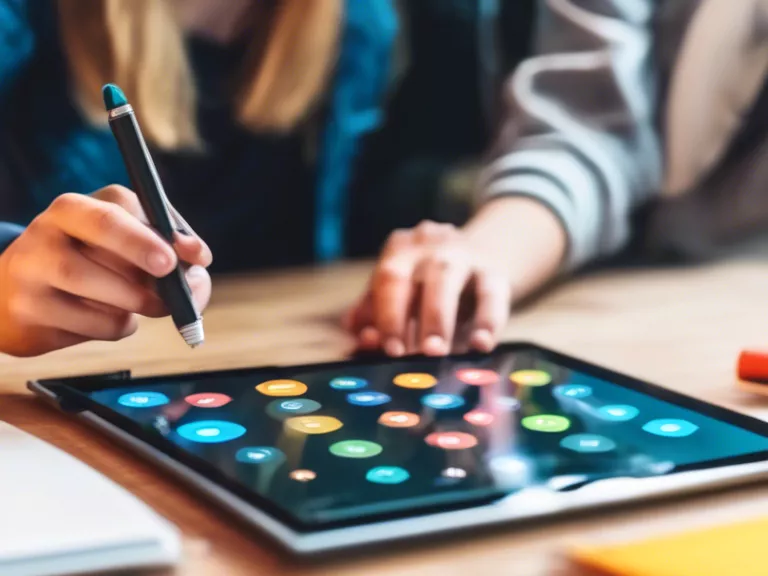
Over the past few years, education technology (EdTech) has been playing a significant role in supporting special education with customizable tools. These tools have revolutionized the way educators tailor their teaching methods to meet the unique needs of students with disabilities. From personalized learning platforms to assistive technology devices, EdTech has paved the way for a more inclusive and accessible learning environment for all students.
One of the key benefits of using customizable tools in special education is the ability to cater to individual learning styles and abilities. With the help of EdTech, educators can create personalized lesson plans and assignments that are tailored to each student's specific needs. This level of customization not only enhances the learning experience for students with disabilities but also helps them reach their full potential.
Furthermore, EdTech tools provide a wide range of support for students with special needs, including speech-to-text software, communication devices, and interactive learning games. These tools not only assist students in completing tasks more independently but also help them develop essential skills such as communication, organization, and critical thinking.
In addition, EdTech tools offer a platform for collaboration between educators, parents, and students. Through online portals and communication apps, teachers can easily share progress reports, feedback, and resources with parents to ensure that everyone is on the same page when it comes to supporting the student's learning journey.
Overall, the impact of EdTech in special education has been invaluable. By providing customizable tools that cater to the diverse needs of students with disabilities, EdTech has helped create a more inclusive and equitable learning environment for all. As technology continues to evolve, the possibilities for supporting special education will only continue to grow, ensuring that every student has the opportunity to succeed.



